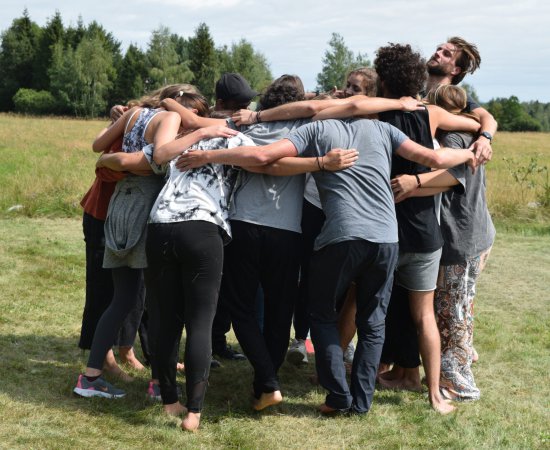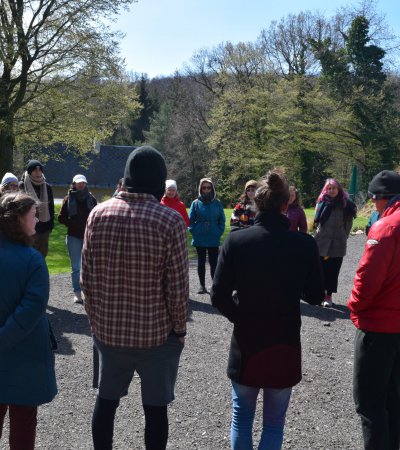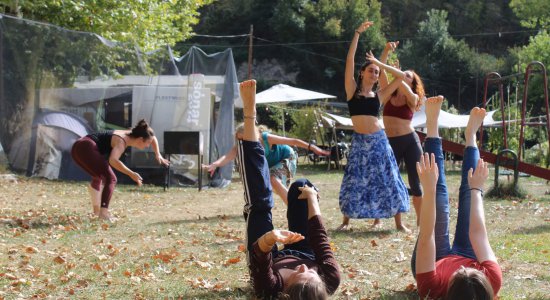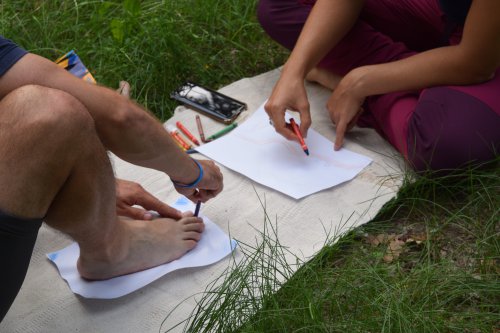Non-formal education composes of organised educational activities out of framework of the established official school system. These activities offer participants intentional and comprehensive development of life experiences, skills, and attitudes, known as soft skills, based on a cohesive system of values. Typically, these activities are voluntary, and participants are educated and learn through active, participatory methods. An important aspect is also the emotional side of learning and becoming aware of our internal experiences.



Soft skills encompass a diverse range of topics in which we improve through experiencing various (pleasant and unpleasant) life experiences and events in our lives (known as informal learning). These include communication skills, the ability to self-reflect, empathy, emotional intelligence, public speaking, active listening, and integrating nature and one’s own body into one’s life, as well as techniques for stress management, leadership, teamwork, conflict resolution, etc. Within the framework of non-formal education, we delve deeper into these topics and learn to practically apply various methods and techniques that help us to be better versions of ourselves and to live a more satisfying life (as opposed to the 'trial and error' approach we apply in informal (unorganized) learning by simply living). In non-formal education, a group of participants is guided by a so-called lecturer, facilitator, sometimes also called a trainer, instructor, or education guide.
Trainer (lecturer, facilitator, education guide)

In the context of non-formal education, simply said that my job as a lecturer (trainer/educator/facilitator) is to accompany participants in their learning process, provide them with support and guidance, set and adhere to the content, intent, and objectives of the educational process. Participation in non-formal education is always voluntary and can even occur in complete silence, just by being present. It is important to me to have a comprehensive, conscious, and holistic learning experience, during which participants realize what and how they are learning. Participants themselves evaluate their learning, and my role is to support their awareness and provide feedback if they express an interest. A partnership (non-hierarchical) relationship between the participants and me as a lecturer is important to me. I support the participants and throughout the process, I follow their needs so I can tailor the program and activities accordingly. Mistakes and all emotions are very welcome and valued with me. Participants in group learning processes develop not only based on their own experiences but also grow through the experiences, knowledge, skills, and attitudes of others - the trainer, and other participants. Non-formal education creates a space for collaboration in the group, thereby creating further opportunities for learning and self-development. Responsibility for the outcomes of education lies with both the lecturer and the participants. However, subsequent application to life remains the responsibility of the participants. The topics I focus on in my lecturing work can be found here.
